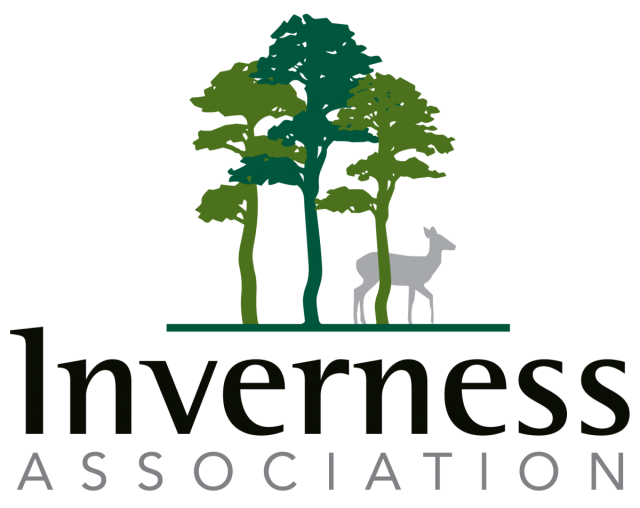Coastal Environmental Hazards Update: Invitation to Attend a Listening Session with Community Development Agency & California Coastal Commission Staff
Actualización del Programa Costero Local
Invitación para Asistir a Una Sesión Virtual para Escuchar
con el personal de la Agencia de Desarrollo Comunitario del Condado y la Comisión Costera de California
Si necesita servicios de traducción al español para participar en esta reunión, envíe un correo electrónico a Kathleen Kilgariff a kkilgariff@marincounty.org antes del 28 de marzo de 2022.
———————————————————————————————————————-
Marin County coastal communities and natural resources are at risk from the impacts of climate change, including sea-level rise, storms, and other hazards. County agencies, including Community Development Agency (CDA), are currently undertaking several initiatives to ensure Marin communities are prepared for these hazards. As part of the County’s Local Coastal Program (LCP) Amendments, CDA staff continues to work with the California Coastal Commission (CCC) staff to develop draft Environmental Hazard policies and regulations for the Coastal Zone (EH Update) for public review.
Recognizing that there is an opportunity to creatively undertake environmental hazard policy development, staff has been discussing a new approach to the EH Update. As a first step in this new direction, CDA and CCC staff agreed upon shared principles and goals for developing a new environmental hazards framework for inclusion in the LCP.
While goals and principles provide a helpful roadmap for both staffs, community input and involvement with the EH Update is of the utmost importance. As such, along with CCC staff, CDA will host a listening session to provide stakeholders with information on the new approach to the EH Update, discuss the below noted shared principles, and allow time for members of the public to speak directly to both CDA and CCC staff about their vision of the County’s coastal zone.
With shared community visions and guiding principles for working together, CDA and CCC staff will negotiate in good faith to develop policies that support a phased approach to coastal planning as we grapple with the current and future impacts of climate change.
If you have not yet done so, please subscribe to the County’s Local Coastal Program webpage at www.marinlcp.org to receive news and updates related to the EH Update and future stakeholder events. Additionally, please contact marinlcp@marincounty.org should you have any questions.
As noted above, the principles below provide a foundation of understanding as we undertake the EH Update. We hope that they help inform stakeholders, and provide clarity on the commitment from both staffs to develop environmental hazard policies that reflect the vision and shared values of our coastal stakeholders.
Principles
Reflect both the Coastal Commission and Marin County’s priorities and policies around equity. Evaluate all issues first from a standpoint of equity, and consider how approaches might affect disadvantaged individuals and groups.
Assure the community and visitors fully understand growing climate challenges and available adaptation and resilience options so they can take collective action to respond to these challenges.
Amend the LCP to allow property owners and public agencies to adapt existing development to SLR and wildfire hazards consistent with the Coastal Act and the California Code of Regulations.
Place restrictions on new subdivisions and development to make future adaptation easier.
Consult the Coastal Commission’s Local Government Working Group’s 12/3/21 Framework for a phased approach to the LCP update and a general path forward on the following:
o The use of best available science,
o Continuing the County’s adaptation planning process,
o Providing for the disclosure and assumption of risks by private property owners,
o Committing to phased updates of the LCP.
Recognize the Coastal Commission’s SLR Guidance both acknowledges that it is “advisory and not a regulatory document or legal standard of review,” and represents the strong policy position of the Coastal Commission.
Work to reconcile the tradeoffs inherent in coastal hazard planning and LCP development, and acknowledge that it will not be possible to achieve all stakeholders’ preferred solutions or goals. Recognize that both the Coastal Commission and the County are managing for multiple legitimate considerations and policy priorities in a context of changing conditions and increasingly severe challenges.
